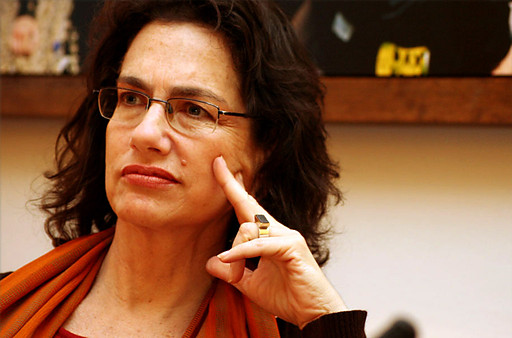Neiman, Susan. Why Grow Up? (Subversive Thoughts for an Infantile Age), Farrar, Straus and Giroux, New York, 2014 (231pp.,$25)
Philosophy, in all its daunting simplicity, seeks answers to humble questions that turn out to be puzzling when our assumptions, biases, predispositions and laziness get jettisoned. For many general readers, biases and assumptions about philosophy itself often bar the door to even getting started. After all, trying to answer the question “Why Grow Up?” seems barely cognizable. A child could tell you that, one might say. Just as a child could sum up in a single sentence the answers to questions like: “How do we know something?”; or, “Why should I follow these rules or get an education?” It is philosophy’s job to unpack these questions in order to recognize our prejudices, foregone conclusions, cynicism, skepticism and conventions. Philosophy begins by making things harder so that truly practical questions get the fulsome, independent, clear answers they deserve.
Susan Neiman’s delightful little book “Why Grow Up?” unpacks its simple question in order that the concept of “maturity” can be examined and re-packaged as a whole, thereby exhibiting both common sense and long-term normative value. Readers blinkered by philosophy’s reputation as a recondite, dialectical, rhetorically demanding foray into “deep thought”, full of jargon, logic and dry reasoning, need not worry. Neiman, director of the Einstein forum and formerly a professor of philosophy at Yale University, conducts her examination of maturity with clarity, wit and skill, writing in a style that is immediately approachable, even friendly. Her premise is simple. Our present culture of acquisitive materialism (the striving to get, gain and hold), keeps people infantile, or at least at a stage of selfishness that seems childish. CEOs and venture-capital speculators, sucking the last dollar out of the last ten million, surely have something better to do.
Far from being doctrinaire about her subject, Neiman combines reason with experience to examine the nature of childhood, public education, “Enlightenment” and cultural “blinkering”, working her way happily and steadily towards a wider, more enriched, and deeply historical understanding of maturity as seen through the works of thinkers as diverse as Immanuel Kant (the great eighteenth century Rationalist), Jean Jacques Rousseau (the French romantic) and Hannah Arendt (the twentieth century existentialist). Her discussions of these thinkers are fresh and direct, and seem to speak directly to our twenty-first century need for enlightenment in an Age of electronic distraction, pop culture and frivolous entertainment.
Her conclusion is that it takes courage to grow up. Growing up means leaving childhood’s credulity behind. It means overthrowing the skepticism of adolescence, with all its posturing, fashion and cynicism. It means being brave enough to understand the world exactly as it is and to continue to believe in certain ideals. In practical terms, it means that one must have an education that instills life-long learning as its end result; it means traveling in a way that deepens one’s understanding of different cultures and people, including an understanding of the language and thought of others; it means finding a “life work” that is self-actualizing. Maturity means living an active, productive, and thoughtful existence.
Neiman’s chapter on “Becoming Adult” articulates major concerns in our time about the daily grind, taking on and unpacking concepts from Marx, Hegel, Paul Goodman, David Reisman and many others in order to arrive at an artful conclusion. Being mature means “not being resigned” to Old Age and Death, means “not being resigned” to the ordinariness of everyday life; means thinking for oneself. These are hard things to attain. But Neiman’s wonderful book—surely a small treasure every bit as interesting as Bertrand Russell’s gem “What is Philosophy?”—makes the project seem one of the most important things in the world.


